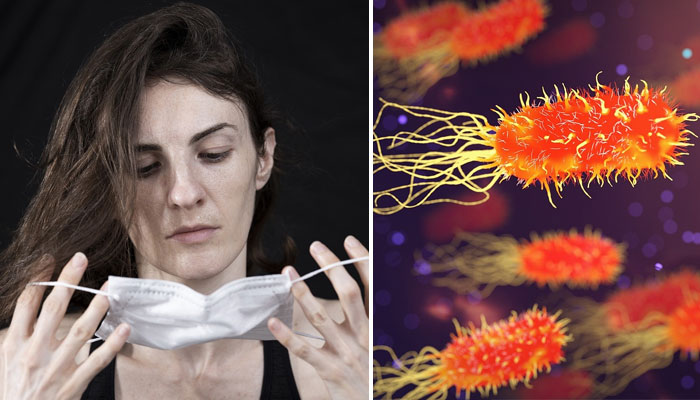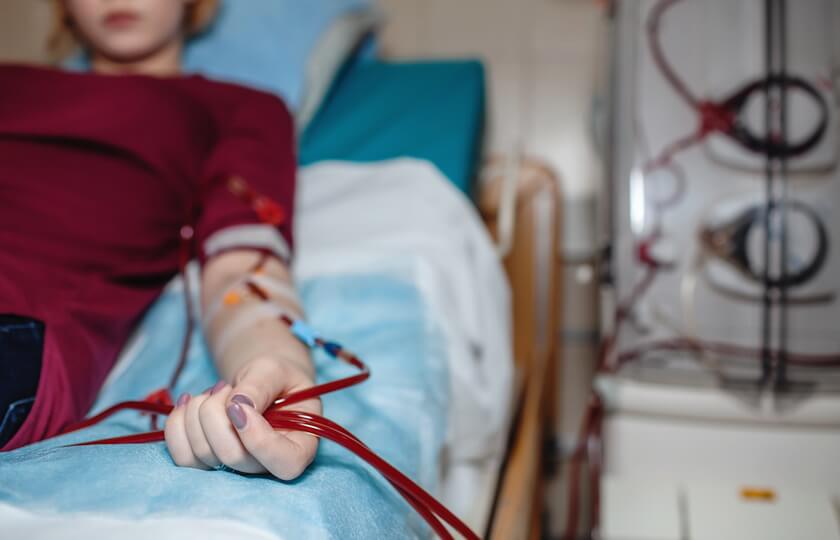Top 8 essential strategies for nurturing digestive health after infection

Ways to take care of your digestive system after recovering from an infection, including Covid 19

Your digestive health is impacted the most after you suffer from a viral infection, especially COVID-19, and it is of utmost importance for you to prioritize your gut health post-infection.
Not only is digestive health crucial for your overall well-being, but it also plays a major role in maintaining a strong immune system.
In this article, we will explore eight effective ways to support your digestive health post-infection.
1. Reintroduce Probiotics
After you suffer from an infection, your digestive system may be disrupted because of the presence of both types of bacteria in your gut; the good and the bad.
Following the infection, probiotics are beneficial bacteria that promote a healthy balance in the gut microbiome. The reintroduction of probiotics through supplements or fermented food can help restore the microbial balance.
2. Stay Hydrated
One of the most important things for an individual to do after an infection is to stay hydrated. Infections make your body lose water in the form of fever, sweating reduced fluid intake.
Hydration is key to maintaining optimal digestive function. Drinking a lot of water throughout the day keeps your body hydrated which then smoothens digestion and nutrient absorption.
3. Gradual Dietary Reintroduction
During an infection, doctors and health experts usually recommend taking fluids as it becomes difficult for the body to digest solid food.
However, while you are recovering from an infection, you must reintroduce solid foods gradually. Slowly and gradually, start consuming a variety of foods. It will help promote regular bowel movements and overall gut health.
4. Include Fiber-Rich Foods
Fiber-rich diet is of utmost importance for maintaining your gut health as it helps in bowel regularity and supports the growth of beneficial gut bacteria. It includes whole grains, legumes, fruits, and vegetables.
5. Manage Stress
Gastrointestinal functions are greatly impacted by stress and since the body is already in a weak state following an infection, it is really important to monitor your trigger points.
Post-infection, it should be your priority to focus on stress management techniques such as meditation, deep breathing exercises, and regular physical activity.
6. Avoid Trigger Foods
Identify and steer clear of food that may trigger digestive discomfort. They include something spicy, fatty, and heavily processed.
While recovering from an infection, make it a habit to avoid taking in food that affects your digestion.
7. Reduce consumption of processed foods
Monitor and decrease the consumption of processed and refined foods, as they can cause inflammation and affect your gastrointestinal function.
8. Seek advice from medical experts
Last but not the least is to consult a doctor or a medical expert. They will examine your gastrointestinal symptoms and suggest medications or treatments.
link







